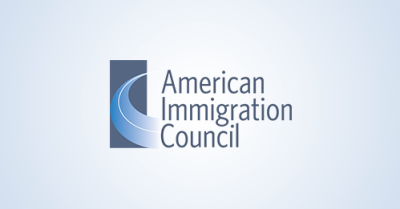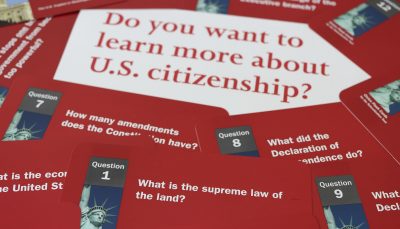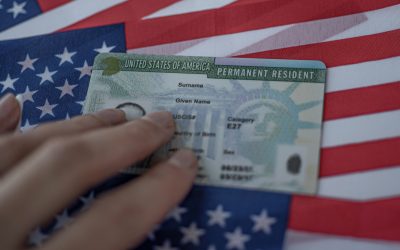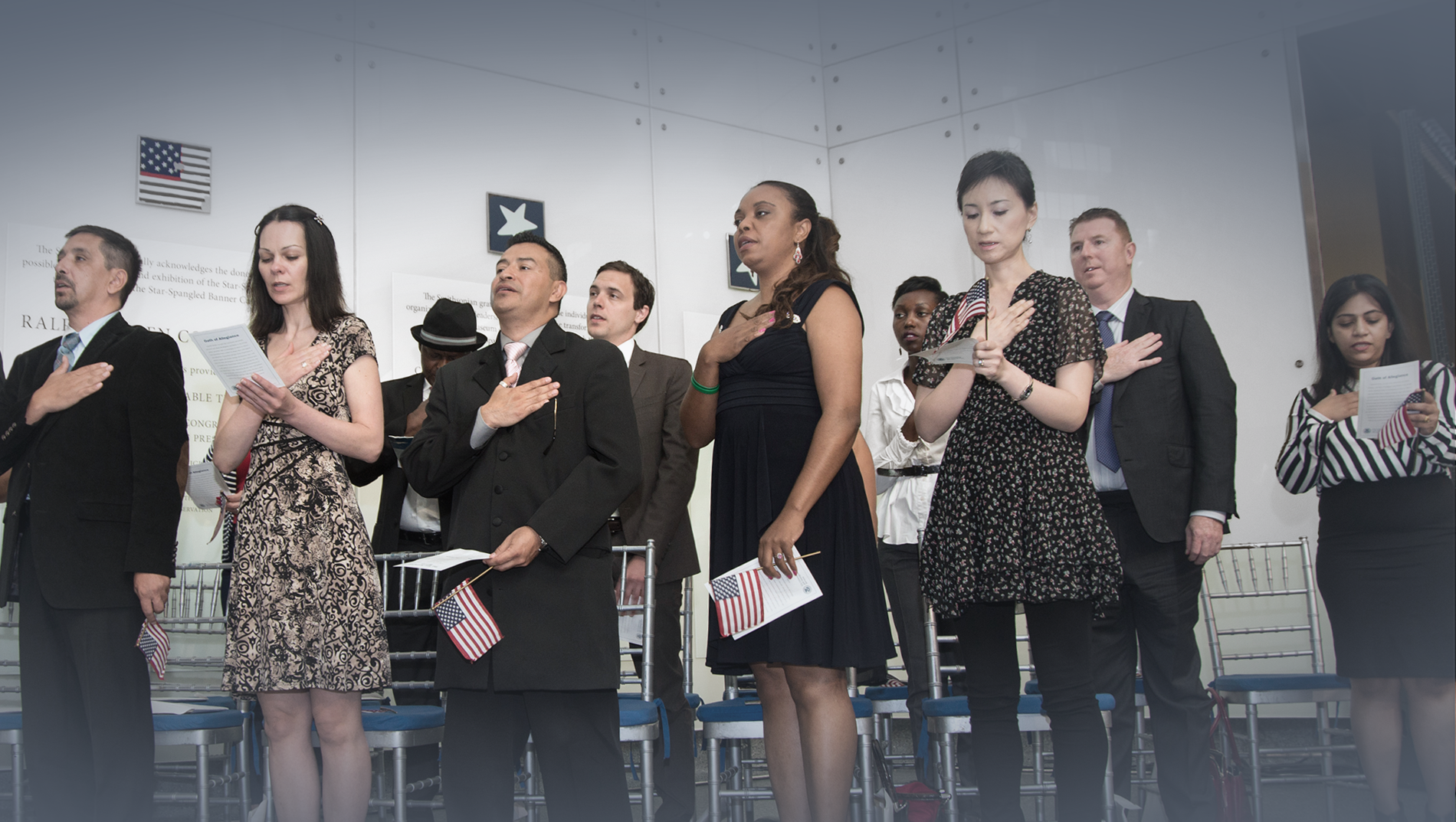How the Immigration System Works
The U.S. immigration system operates under an intricate set of rules that outline who can enter, reside in, and become a citizen of the United States. It includes various pathways like family-based immigration, employment visas, and refugee and asylum status, each with its own criteria and application processes. Several federal agencies, including the Department of Homeland Security and the State Department, oversee the system and enforce immigration laws and policies, handle applications, and manage border control. Learn more by exploring the resources below.
How the United States Immigration System Works
- How the Immigration System Works
- June 24, 2024
U.S. immigration law is very complex, and there is much confusion as to how it works. This fact sheet provides basic information…
Read More

The Biden Administration and Congress Must Guarantee Legal Representation for People Facing Removal
The Biden administration should take steps immediately upon entering office to expand federally funded legal representation programs for people facing removal. Here's why. Read More

Comment on CBP Proposed Rule To Drastically Expand the Use of Facial Recognition Technology
The Proposed Rule would drastically expand the use of unproven facial recognition technology at ports of entry throughout the United States. Read More

The Trump Administration Will Inflict More Damage to the Immigration System Before Leaving Office
As the Biden-Harris administration prepares to take office, many anxiously await what immigration policies the Trump administration will finalize in the lead up to Inauguration Day in the form of new regulations, memos, and proclamations. While it may be a “lame duck” period, it is one of the busiest as… Read More

New US Citizenship Test Makes It Harder for Immigrants to Become Citizens
Lawful permanent residents seeking to become U.S. citizens will now be required to take a more difficult and longer citizenship test. U.S. Citizenship and Immigration Services (USCIS) announced the change on November 13. The new test increases the total number of questions from 100 to 128. Applicants will be… Read More

Biden’s Immigration Plan Is a Promising Start in the Work Ahead
This article is part of the Moving Forward on Immigration series that explores the future of immigration in the aftermath of the 2020 presidential election. President-elect Joe Biden’s plan on immigration stands in stark contrast to the xenophobic agenda the Trump administration has put forward the last four years. Much… Read More

Foreign Student Admission Restrictions Hurt America’s Leadership in Innovation
The proposal would negatively impact American colleges and universities and foreign students seeking a higher education degree in the United States and have long-term effects for the legal immigration system. Read More

Naturalization Fees: A Poll Tax Hidden in Plain Sight
The application fee to apply for U.S. citizenship was due to rise from $640 to $1170 on October 2. Though the fee hike was temporarily blocked in federal court, this is not the first time U.S. Citizenship and Immigration Services (USCIS) has tried to raise the… Read More

Comment on DHS Proposed Rule to Drastically Expand the Definition and Collection of Biometrics
The American Immigration Council, the Immigration Defense Clinic at Colorado Law, and the American Immigration Lawyers Association, submitted a comment in opposition to the Department of Homeland Security proposed rule on the "Collection and Use of Biometrics by U.S. Citizenship and Immigration Services." Read More

Indigenous People Face Persistent Language Access Challenges in Immigration Detention
The effort to permanently replace Columbus Day with Indigenous Peoples’ Day signifies a growing movement to honor the resilience and history of indigenous communities. The day presents an opportunity to learn more about the native communities who were here long before the violent arrival of Christopher Columbus. It is also… Read More

USCIS’ Changes to ‘Affidavit of Support’ Make It Harder for Americans to Sponsor Immigrant Family Members
The Department of Homeland Security has proposed a rule that would make it much more difficult for U.S. citizens and legal immigrants—especially those experiencing financial hardship—to sponsor family members for green cards. If the rule goes into effect, the process of family-based immigration will become even more cumbersome… Read More
Make a contribution
Make a direct impact on the lives of immigrants.

